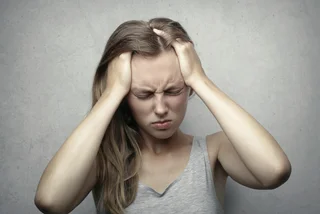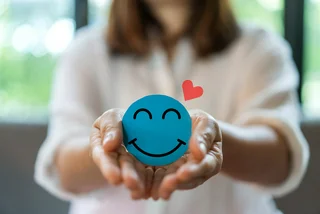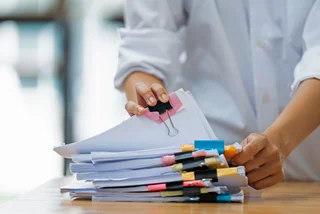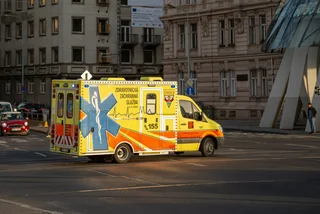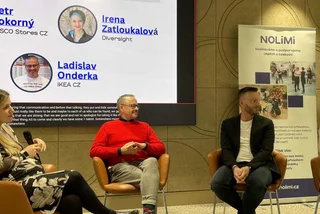We all know or know of someone who has been impacted by COVID, whether it be a death in the family, a job loss, or financial insecurity.
In fact, a new survey from Czech-based PAQ Research has revealed the that some 60 percent of people interviewed reported spending more time doom scrolling and feeling triggered by negative thoughts. Research also found that mental health deteriorated steeply during the second wave among young adults under 24 and women with children in distance education.
If that’s how Czechs are faring, I can’t imagine foreigners living among them have it any better. Last week, I received a message from an old friend that I hadn’t spoken to in years asking me if I was available for a call; they had lost a relative over the weekend due to COVID and wanted to speak to someone that had met them.
I, too, lost a relative early on in the pandemic. My nan passed away before much of the lockdown was implemented in March. Sadly I was unable to attend the funeral in Ireland. To compound 2020, I was laid off from a job in the events industry, with no one able to fly to events, which was another blow.
These stories as well as my own struggles led me to seek out Prague-based mental health experts and ask them how foreigners living abroad can cope with the dark days of COVID.
While their advice has particular relevance on Blue Monday, the so-called most depressing day of the year, these strategies for managing what may seem like a hopeless situation with resilience and fortified mental health work year round.
Blue Monday is extra blue for expats in the Czech Republic this year
Dr. Desiree Gonzalo (DG), a Chartered Clinical Psychologist, and Silvia Miklikova (SM), a therapist from Counseling Prague both confirmed that foreigners living in the Czech Republic – especially those of us who count on traveling to see our families throughout the year – have been faced with an added level of stress during the second wave of the pandemic.
"For the expat community, in particular, the pandemic has made family reunions in the last year impossible," said Dr. Gonzalo.
"We are currently robbed of things that were pleasant and comforting. Especially in expat communities, many times friends are substitutes for family and relatives," said Miklikova. "Social contacts are usually happening outside of the home; in sports arenas, pubs, cafés, at social events, it becomes a real problem when you cannot reach out and seek support the usual way."
Dr. Gonzalo says that people who were already struggling with mental health issues are seeing an exacerbation of symptoms during the pandemic. She said there are added factors now such as a job or financial loss for some, which can clearly increase stress levels and pessimism.
Miklikova said that she and her colleagues are seeing an increased demand for therapy and counseling. To complicate the situation, she added that for many online counseling is not a full-featured substitute for the face-to-face engaging human contact that is a vital part of every healing process.
"What used to be a pleasant thing to do–-hug, shake hands, small talk–-is not only impossible but also experienced as threatening (because it can lead to catching the virus)," she said.
She said that going days without seeing or having contact with other human beings is extremely hard to manage and adds to the ever-present stress.
Translations Project Manager | PART TIME

How to maintain good mental health amid a pandemic
Dr. Gonzalo encourages greater attention to self care. "Expose yourself to natural light on a daily basis. Maintain social interactions as much as possible, either live or virtually. Take care of your health: eat a nutritious diet, exercise, keep good sleep habits. Find something interesting or creative to do if you have more time in your hands."
She added that staying connected, even virtually, is vital to continued well being.
"Positive connections with other humans are the greatest predictor of longevity. It is a tangible way to feel you are not alone. You can exchange experiences, make others laugh, and support and listen to one another. Affection, even in a verbal format, can be very effective in bringing about positive feelings of connection and motivation to carry on."
Dr. Gonzalo encouraged online therapy for anyone who feels like they need support. Miklikova agreed that seeking support whether professional or from friends and family, is a vital part of the healing process.
"Whenever possible have (safe) human contact -- hug your kid, partner, pet!" She advised keeping screen time a minimum, sticking to a routine, and regularly changing up activities.
Where to seek support in Prague and beyond
Dr. Gonzalo said that it is important to have hope and remember this won't last forever. "Individuals with good resilience generally manage to stay calmer and show greater acceptance of and adaptation to changes," she said. "I have been struck by the level of adaptation to being unable to return home that so many expats have reported during the pandemic."
Miklikova said that above all, during the current situation it is essential to "be kind to yourself and be kind to others."
I can attest to the fact that it does get better. At the end of 2020, I managed to get a new job, I live in an apartment that I can afford to rent, and I have maintained a solid group of family and friends around me. For those who lack a support network however, here are some useful resources.
Mental health support available for foreigners in the Czech Republic
- Prague Integration has a weekly support group.
- #delamcomuzu is a project offering mental health support to expats.
- terap.io has a number of online therapy sessions for English speakers.
- Charles University offers individual or group psychological counseling in English FREE for full-time students at the university.
- You can also visit IMAlive.org for phone call support from volunteers.
- The government has a helpline on 1221 that includes mental-health support.
- Visit our directory of mental health experts to book an online therapy session.












 Reading time: 5 minutes
Reading time: 5 minutes 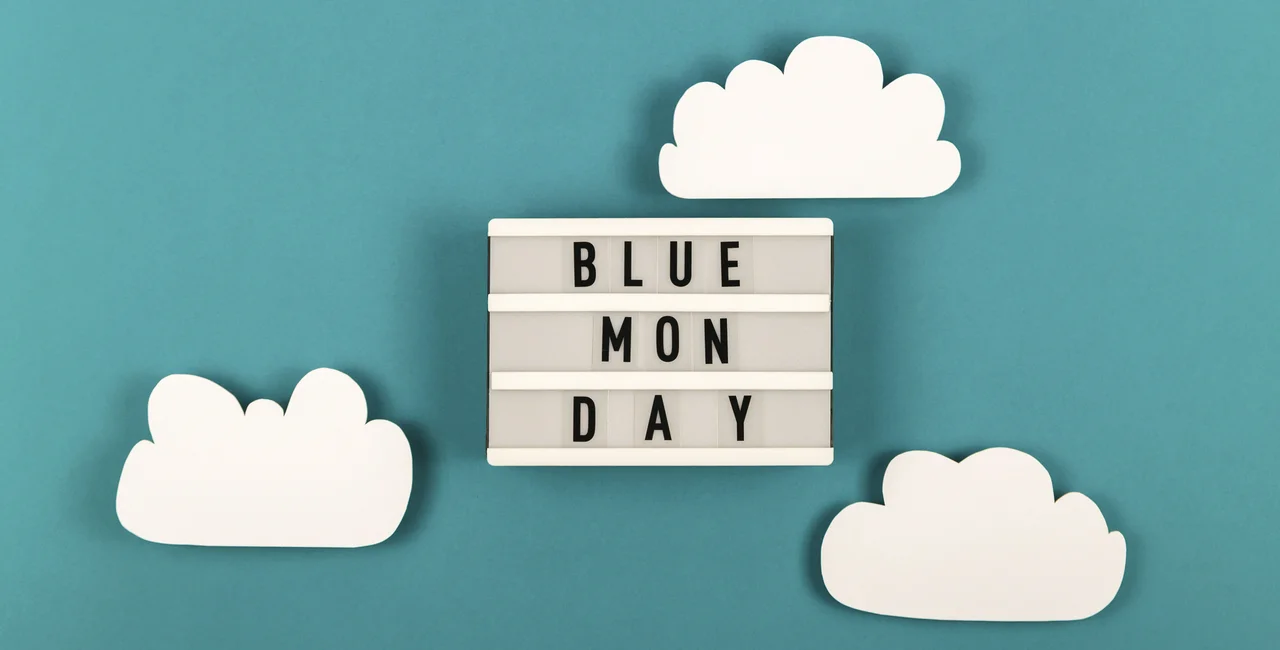


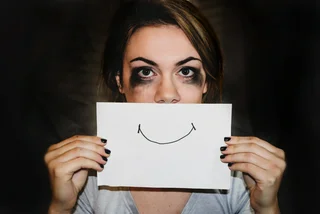


 French
French
 Italian
Italian
 Hungarian
Hungarian
 Norwegian
Norwegian

